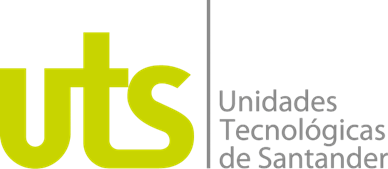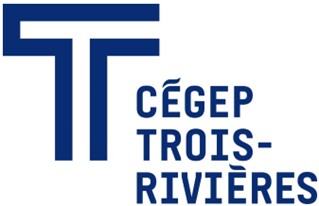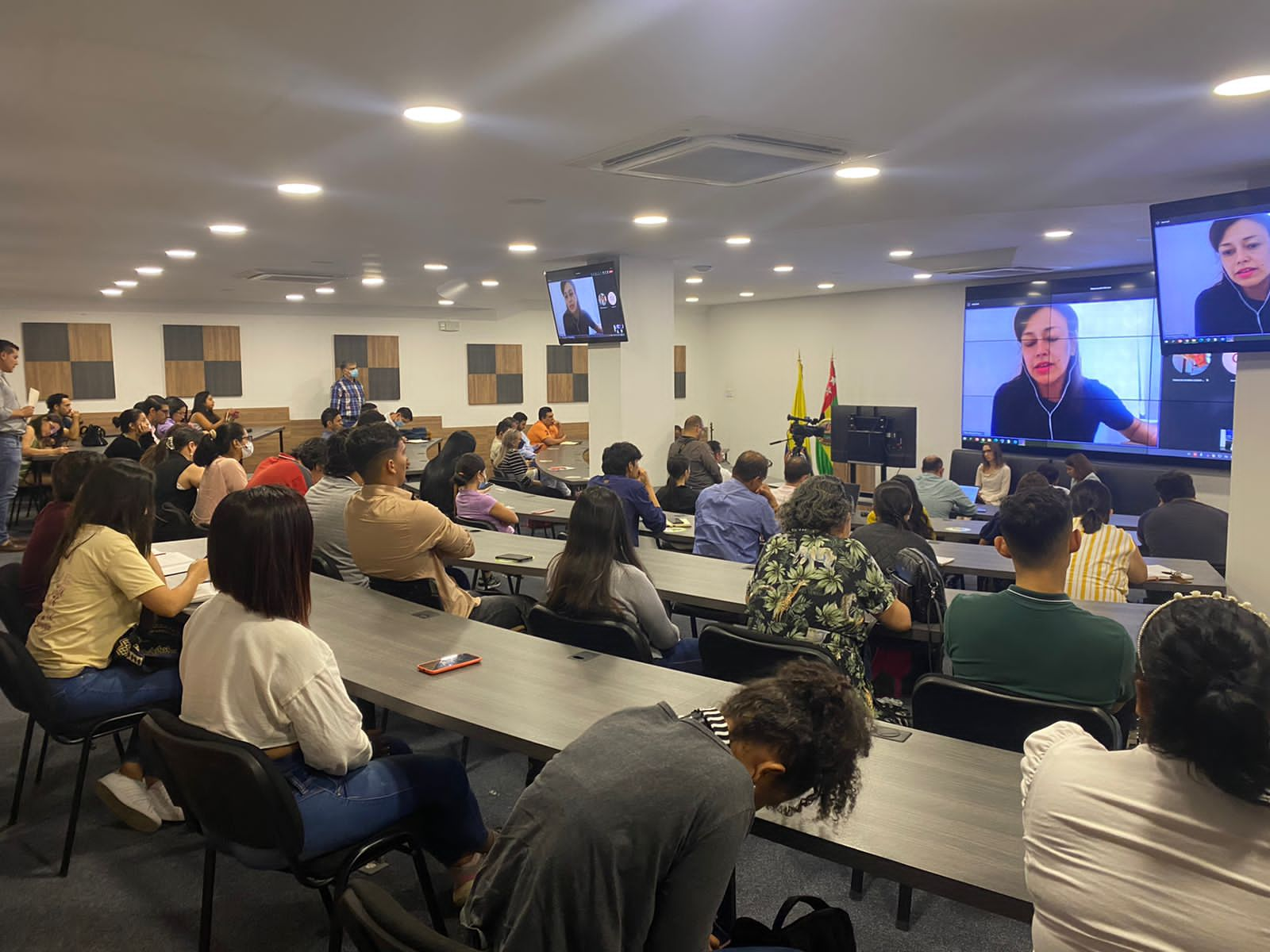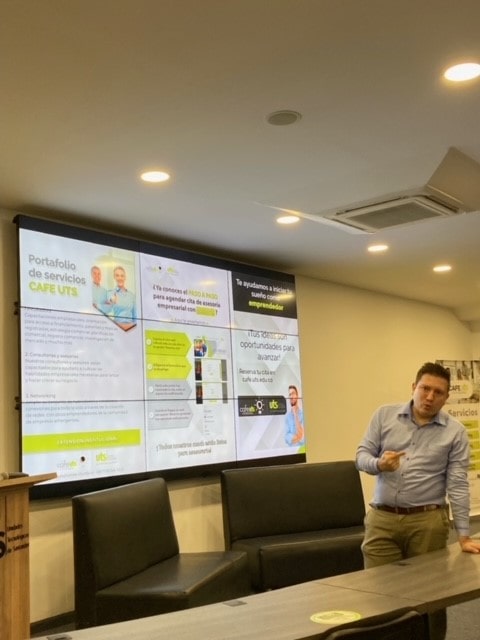Project Summary
Project B04 focused on igniting a culture of innovation and entrepreneurship at the Unidades Tecnológicas de Santander (UTS), a public institution in Colombia with over 22,000 students. Through a partnership with Canadian colleges (Niagara College, Cégep de Trois-Rivières, and Fanshawe College), the project established two new centers: the Center for Environmental Resources Development (CEDERA UTS for its acronym in Spanish) and the Academic Center for the Promotion of Entrepreneurship (CAFE UTS for its acronym in Spanish). These centers, along with a focus on gender equality and environmental sustainability, have reshaped UTS's approach to applied research, community engagement, and student success.
The Challenge
UTS, like many technical institutions, was looking to boost its capacity for applied research and foster a stronger entrepreneurial ecosystem. The challenge lay in creating an environment where innovation was not only encouraged but also accessible to all students, faculty, and members of the community. Furthermore, UTS aimed to embed principles of gender equality and environmental sustainability into its institutional practices and academic programs. UTS needed a comprehensive strategy to transform its culture, build new facilities, and equip its stakeholders with the skills and knowledge to drive impactful change.
The Solution
To empower innovation and entrepreneurship at UTS, Project B04 adopted a multi-faceted approach. Sixteen UTS leaders embarked on a mission to Canada, seeking inspiration from the practices of Canadian colleges. To ensure the sustainability of the new centers (CEDERA UTS and CAFE UTS), the project focused on fortifying partnerships between academia, the public sector, and the private sector. Fundraising activities were conducted to support long-term operations, and a technology investment of $100,000 CAD provided vital research equipment. Students and instructors benefited from robust training programs covering topics like applied research, innovation, entrepreneurship, gender and social inclusion, environmental sustainability, and change management. Finally, the International Change Management Forum facilitated knowledge exchange. This detailed solution sought to transform UTS's culture, construct new facilities, and equip stakeholders with the skills and knowledge to drive meaningful change throughout the institution.
At the moment what we are doing is implementing techniques for analyzing water quality: wastewater, drinking water, raw water, and surface water... This project will be carried out with the support of students who are part of the introductory cycle of Environmental Resources Technology. The idea is for students to strengthen their skills. They will see their learning outcomes in the activities they’ll be carrying out here on the La Fuente water pipeline.
Partner Institutions



Explore Our Services

Workplace Training

Hire a Student

R&D Services

Capstone Live Projects







